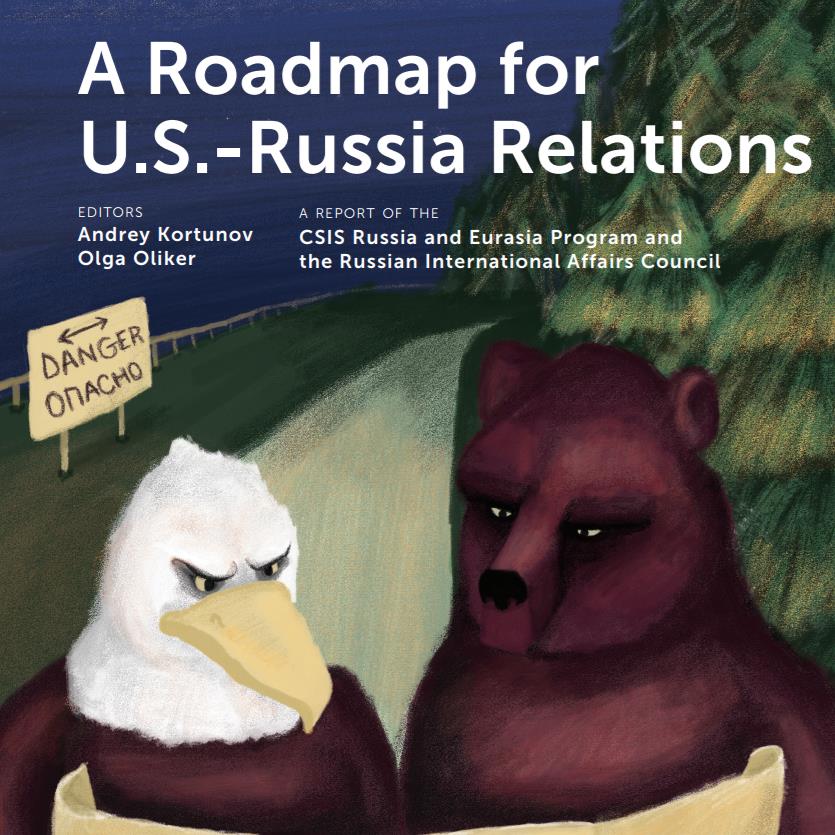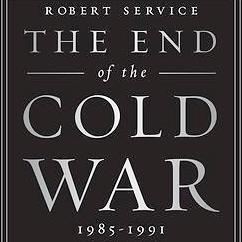(CSIS Report) At a time when tension between the US and Russia is higher than it has been in decades, we cannot forget that the relationship between these two countries is among the most important for global security. On any number of issues, from arms control to the Middle East, failure of the U.S. and Russia to communicate will make things much, much worse, with repercussions that will last for generations and affect the entire world. For this reason, CSIS and RIAC convened some of Russia’s and America’s top experts to think through the future of the bilateral relationship. The result is a series of papers that identify both the spheres where coordination is crucial and those where it may be possible, responding to mutual interests and potentially helping to stabilize the relationship and buffer against conflict in the future. For both, they offer concrete recommendations and a clear-eyed take on what can, and what cannot be done.
The analyses that follow examine prospects for Russia-U.S. cooperation in several crucial regions and fields: economics, energy, the Arctic, Euro-Atlantic security, the Middle East, strategic stability, cybersecurity, and countering terrorism and extremism. They offer actionable recommendations in each area, some of which can, and should be undertaken today, and some of which should be considered by policymakers in Moscow and Washington as they chart a course through dangerous and uncertain times.
Contributors: Heather A. Conley, Ambassador William Courtney, R. Kim Cragin, Lynn E. Davis, Ambassador James Dobbins, Suzanne Freeman, Andrei Korneyev, Sarah Ladislaw, James A. Lewis, Sergey Rogov, Pavel Sharikov, Sharon Squassoni, Ekaterina Stepanova, Victor Supyan, Mikhail Troitskiy, Andrei Zagorski, and Irina Zvyagelskaya.
Read More © CSIS











